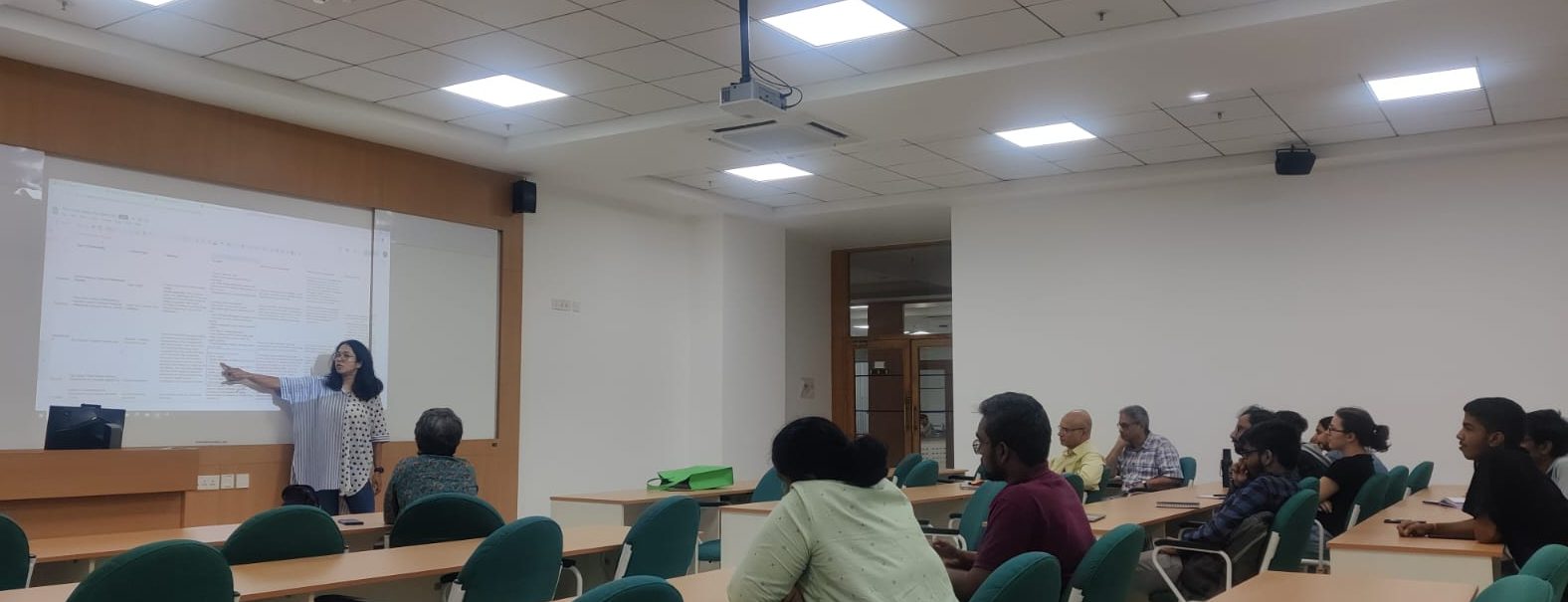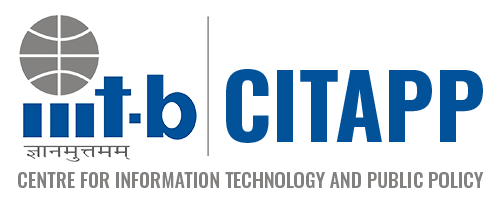
Date: 18/10/2023
About the Talk:
With this talk, we will continue our conversation on what makes an infrastructure a DPI, and pick up from where the talk last month left off on jobs and livelihoods in the gig economy. The talk this month will speak to whether or not the new jobs available today, incl gig work, “shift the NASH” relative to secure employment models. Is there a way that these and other new economy jobs can pay workers minimum wage and share risks, while preserving their value to the economy? The talk will address these and associated questions of worker choice, risk transfer and governance.
Speaker Bio:
With over 25 years of experience in the staffing and HR tech industry, Rituparna is the co-founder of TeamLease Services Limited, India’s largest staffing company and a pioneer in the HR SAAS space. She has led the company’s growth from zero to over $750 million in revenue, executed a successful IPO, and built multiple new business portfolios, including staffing, a digital HR Tech, Hiretech, Learning platform and a compliance management system. She has also developed and demonstrated proven skills in stakeholder management, both in India and internationally, and established the Indian Staffing Federation as a legitimate and influential industry body.
As a Non Executive Director of TeamLease, of Navi, an advisory board member of the Center of Digital Enterprises at IIM Udaipur, Board Member of Goa Institute of Management, she continues to contribute to the strategic direction, performance and governance of all these organizations. She is passionate about championing causes that positively impact youth, women, and balanced global economics, and has represented India in various international platforms, such as ILO, WEC, EU, and UN.
The talk was followed by a discussion and Q&A
CITAPP’s Monthly Seminar Series is an attempt to create a forum where researchers across IIITB domains can meet and discuss cutting-edge research on the chosen theme of the semester. The Series hopes to explore a technology or topic for its ramifications in different realms of social activity. In particular, we are interested in understanding the specific kinds of complexity that these domains present for technological innovation and design.

